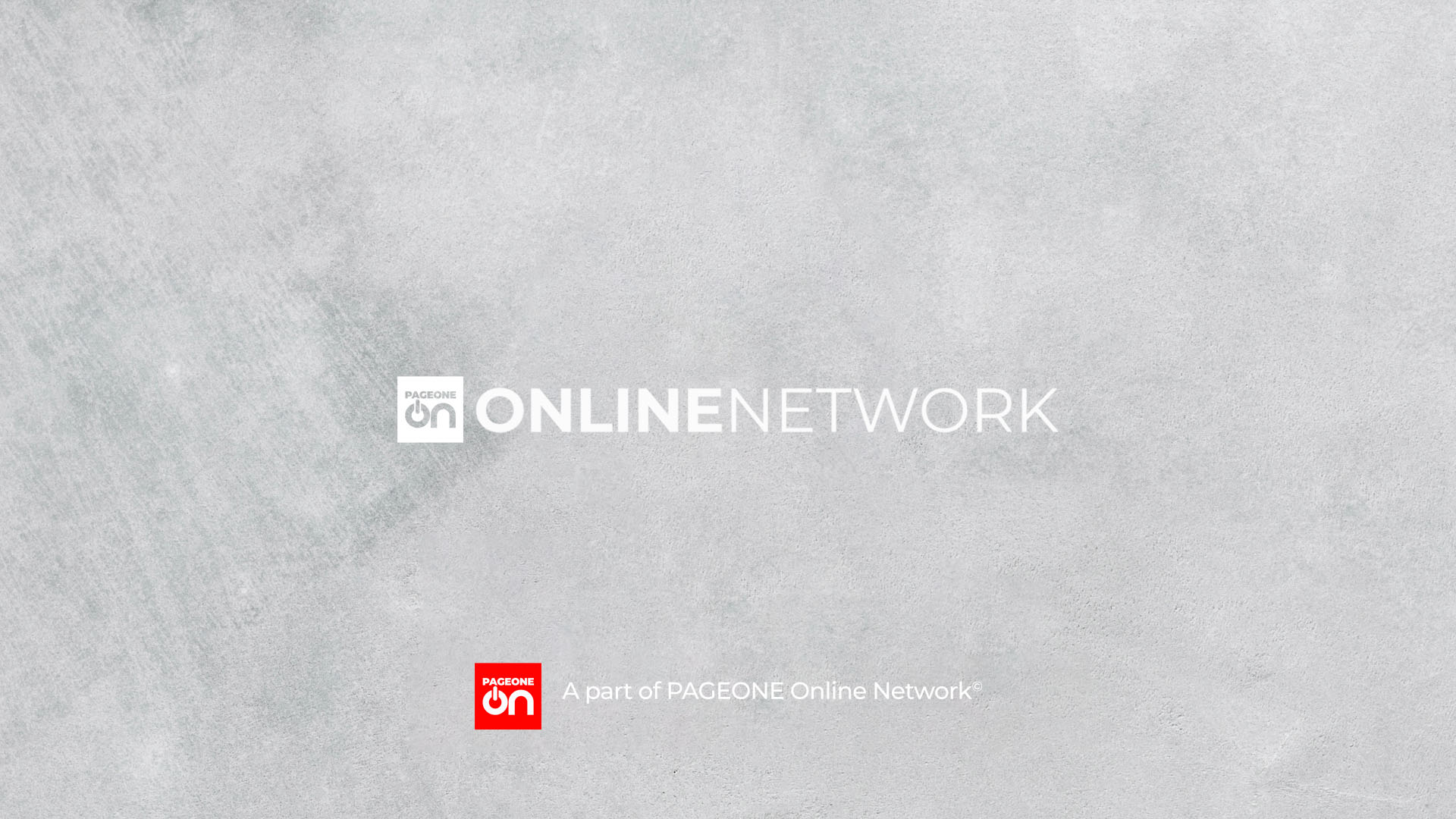
What is it like to have no home, no citizenship? To be denied rights in your own country, and to be rejected by others?

This is the plight of the Rohingya people.
In 2019, the United Nations General Assembly approved a resolution strongly condemning rights abuses against Rohingya Muslims and other minority groups in Myanmar, including arbitrary arrests, torture, rape and deaths in detention.
But the persecution continues. The most recent atrocity: being left to starve at sea.
Loaded like human cargo into a wooden fishing trawler, around 500 people attempting to reach Malaysia from refugee camps in Bangladesh were starved and beaten by people smugglers during a two-month voyage. All of the passengers were ethnic Rohingyas from Myanmar, and most were aged between 12 and 20 though there were also some young children. Denied permission to land in Malaysia, the 400 or so survivors were eventually rescued on 15 April by the Bangladeshi coastguard.
Every day people died, say the survivors, who estimate that around 100 people died on board or were thrown overboard by the smugglers. No-one knows exactly how many died.
MSF sent teams of medical and mental health specialists to support the rescue and provide emergency care to the emaciated survivors as they arrived back in Bangladesh.

NOTE: Artwork by Richard Swarbrick
OCA commissioned British artist Richard Swarbrick to create a rotoscope animation about the enduring plight of the Rohingya, who have faced structural and physical violence in Myanmar for decades. Since a concerted campaign of violence against the Rohingya in August-September 2017, their inequality has been more visible to the international community, but media interest is fading fast. The animation, which is accompanied by a specially-mixed version of the song Give me Hope by the band Three Laws, aims to put a human face on the lived experience of violence and displacement of the Rohingya but also more generally on all displaced people.
OCA commissioned British artist Richard Swarbrick to create a rotoscope animation about the enduring plight of the Rohingya, who have faced structural and physical violence in Myanmar for decades. Since a concerted campaign of violence against the Rohingya in August-September 2017, their inequality has been more visible to the international community, but media interest is fading fast. The animation, which is accompanied by a specially-mixed version of the song Give me Hope by the band Three Laws, aims to put a human face on the lived experience of violence and displacement of the Rohingya but also more generally on all displaced people.
Twitter: @rikkileaks Twitter:@Wearepresence (PR)



